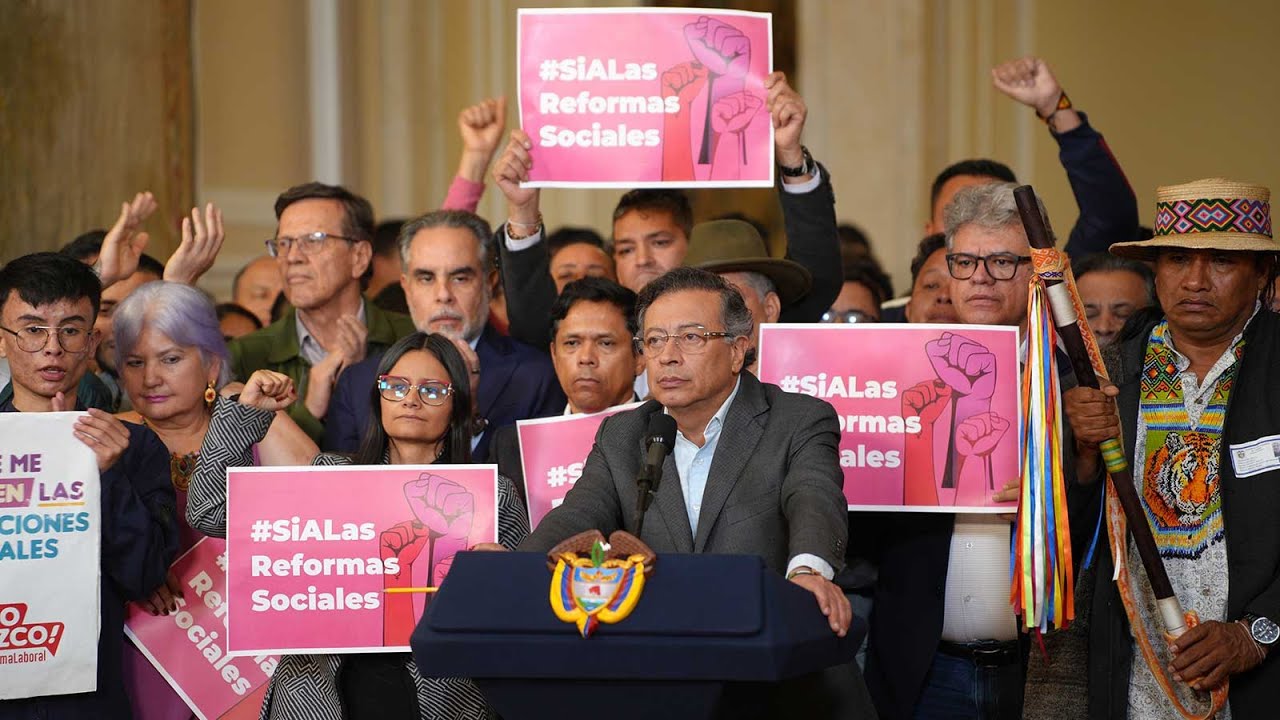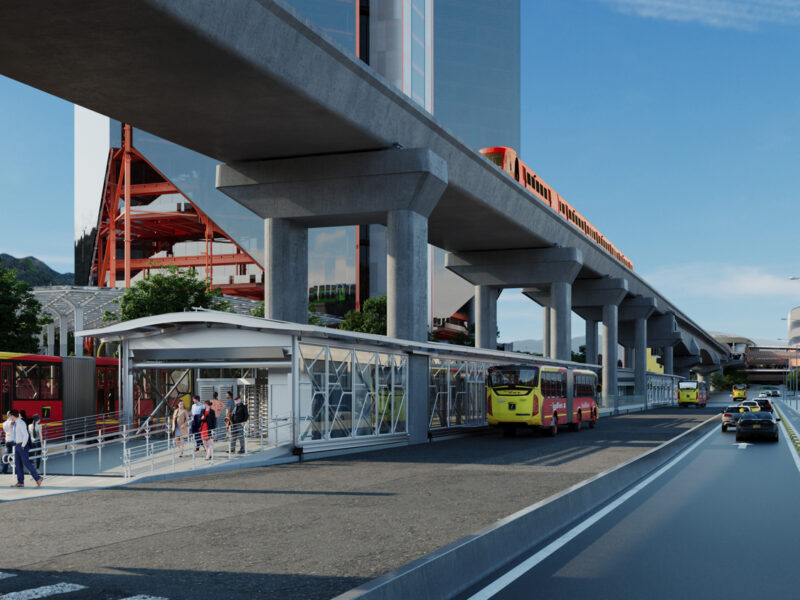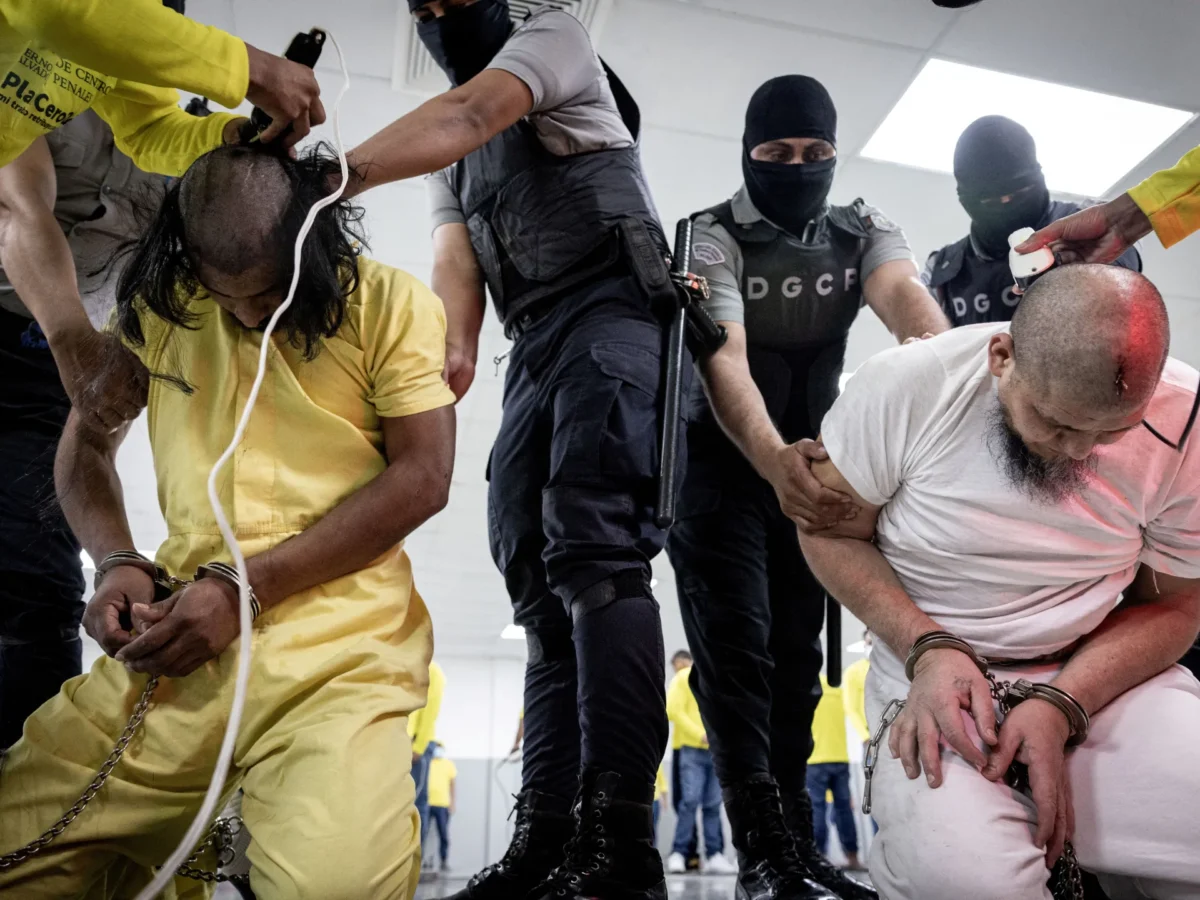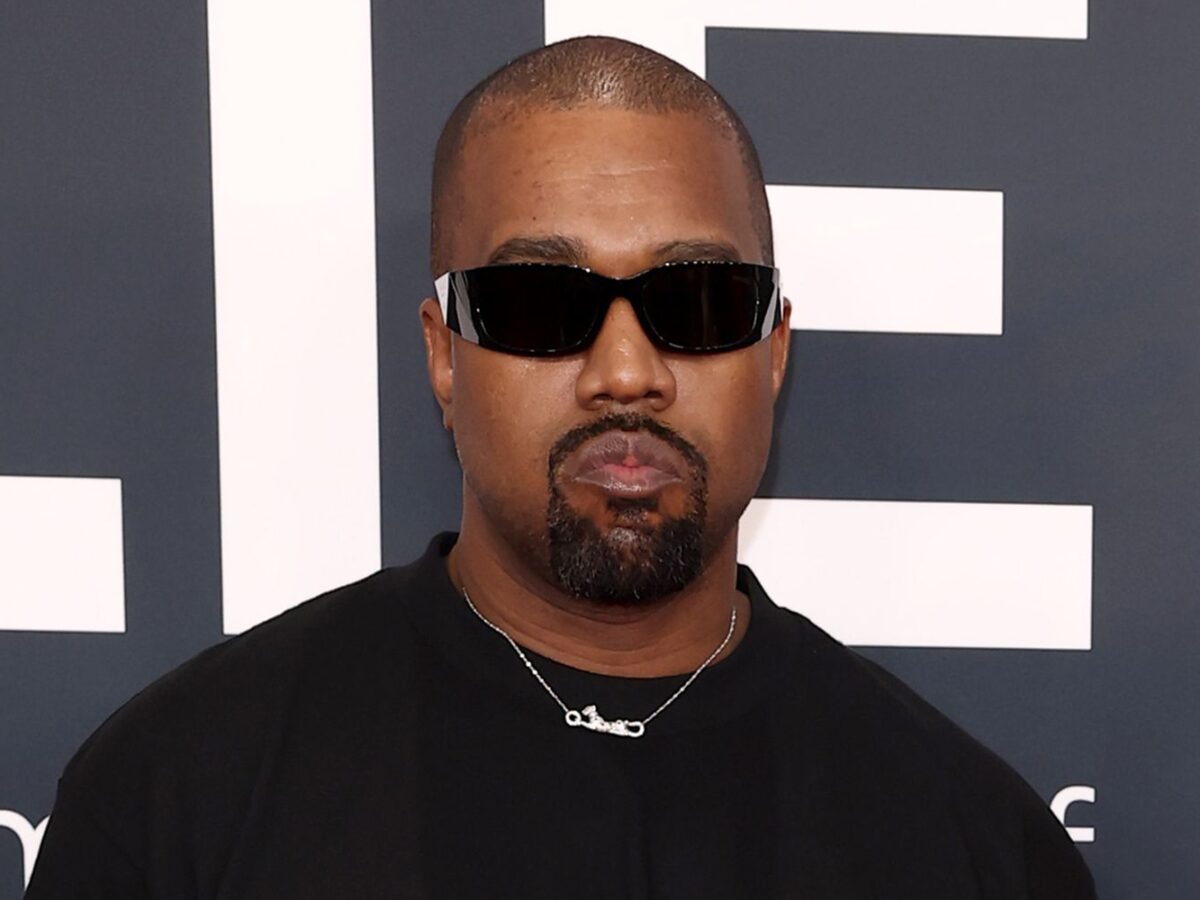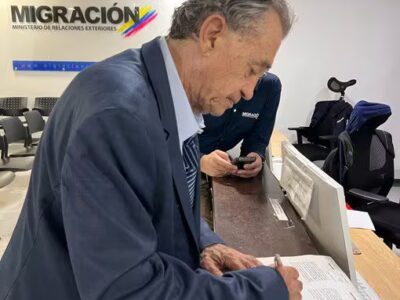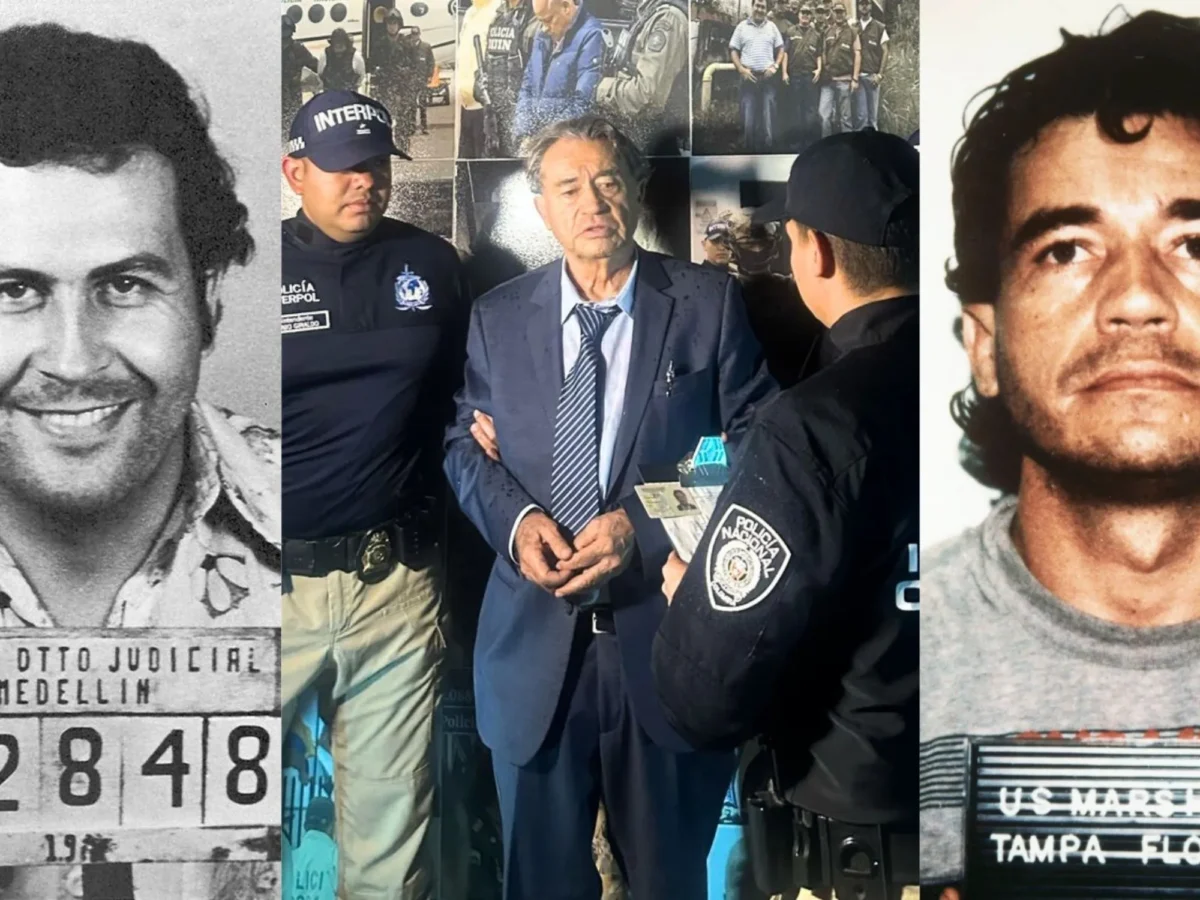A Bold Move for Direct Democracy
Colombia is on the verge of a political experiment that could redefine its democratic landscape. President Gustavo Petro has proposed a popular consultation to allow citizens to decide the fate of his major reforms, an unprecedented move in the country’s recent history. With a deeply fragmented Congress blocking his ambitious legislative agenda, Petro is betting on the people’s voice to break the deadlock. However, the plan has sparked intense debate over its feasibility, legality, and potential impact on Colombia’s political stability.
If approved, this mechanism could bypass legislative roadblocks, allowing Colombians to directly vote on crucial issues such as health, labor, and pension reforms. While Petro’s supporters see this as a step toward a more inclusive democracy, critics argue that it may set a dangerous precedent by undermining institutional balance and Congress’s role in policymaking.
The Struggle for Reform
Petro’s administration has been marked by an ambitious social and economic reform agenda aimed at addressing Colombia’s deep inequalities. His health reform proposes a universal public health system, shifting away from private insurers. His labor reform seeks stronger protections for workers, limiting outsourcing and short-term contracts, while his pension reform aims to create a state-managed universal system that reduces dependence on private pension funds.
Despite these proposals being central to Petro’s campaign promises, they have faced relentless opposition from conservative and centrist parties, leading to a legislative impasse. Petro’s leftist coalition, Pacto Histórico, lacks the parliamentary majority to push these reforms through, prompting his call for direct citizen participation via a referendum.
According to El Espectador, Petro argues that “the people’s will should not be ignored by political elites,” emphasizing his commitment to participatory democracy. This stance has resonated with many Colombians frustrated by a political system that often seems disconnected from their needs.
However, critics see the move as a populist maneuver that could erode checks and balances within the government. The opposition, including key figures from center-right and right-wing parties, claims that bypassing Congress weakens democratic institutions. Legal experts have also raised concerns about whether the Constitution allows for economic reforms to be decided via referendum, making this an issue likely to be contested in the courts.
Constitutional and Political Challenges
The Colombian Constitution allows for popular consultations, but the process involves strict legal procedures. The Electoral Council and Constitutional Court must approve the referendum’s legitimacy before it reaches the ballots. If deemed unconstitutional, Petro’s strategy could backfire, weakening his presidency even further.
Beyond legal hurdles, Petro faces a political battle to rally public support. His approval ratings have fluctuated, and while his voter base remains strong, mobilizing a majority for a referendum is a complex challenge. The opposition is already preparing a counter-campaign, warning of potential economic instability if Petro’s reforms are implemented.
According to Semana, opposition lawmakers are ready to challenge Petro’s initiative, arguing that economic reforms should remain within Congress’s jurisdiction. If blocked by the judiciary, it could leave Petro with few alternatives to push forward his agenda.
Political analyst Jorge Restrepo told La Silla Vacía that “Petro’s ability to turn public frustration into electoral momentum will determine the success of this gamble.” If public opinion shifts against him, the referendum could end up being a political disaster, further polarizing the nation.
Another challenge is voter turnout. For the referendum to be legally binding, a minimum participation threshold must be met. Petro will need to ensure that his supporters show up in large numbers, something that has proven difficult in past electoral processes.
What’s at Stake for Colombia?
If the popular consultation moves forward and results favor Petro’s reforms, it could mark a turning point in Colombian politics, solidifying his progressive agenda and reshaping the balance of power between the executive and legislative branches. A victory would not only give Petro a mandate to implement his policies but also redefine the role of direct democracy in Colombia.
Conversely, a failed referendum could cripple his administration, leaving key reforms stalled and potentially triggering a deeper political crisis. The inability to push forward reforms through either Congress or popular vote could weaken Petro’s credibility, emboldening the opposition and creating a governability crisis.
For Colombians, this is more than a legal or political dispute—it is a battle over the future direction of the country. Will direct democracy serve as a solution to institutional paralysis, or will it deepen divisions? As the debate intensifies, all eyes are on Petro’s next move and whether the voice of the people will ultimately triumph over political deadlock.
Historical Context and Regional Comparisons
Colombia is not the first Latin American country to use referendums as a political tool. Former Bolivian President Evo Morales and Venezuelan leader Hugo Chávez frequently resorted to popular consultations to push forward controversial policies. While some of these referendums were successful, others exacerbated political divisions and led to institutional crises.
In Mexico, Andrés Manuel López Obrador (AMLO) has also used referendums to validate key decisions, including the cancellation of Mexico City’s new airport and the electricity sector reform. These consultations have been criticized for low voter turnout and for being used as political tools rather than genuine expressions of democratic will.
Colombia’s case is unique because its political system is not designed for frequent referendums. Unlike Bolivia or Venezuela, where executive power is more centralized, Colombia’s institutional framework gives Congress and the judiciary significant power to check presidential authority. This makes Petro’s referendum a high-risk strategy that could redefine governance in the country.

